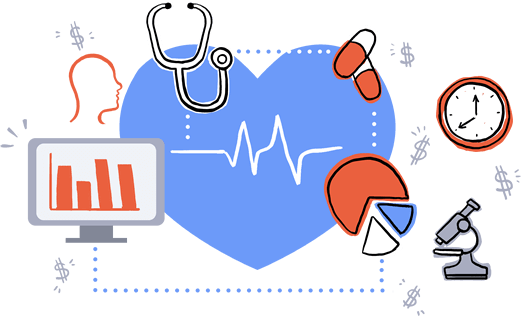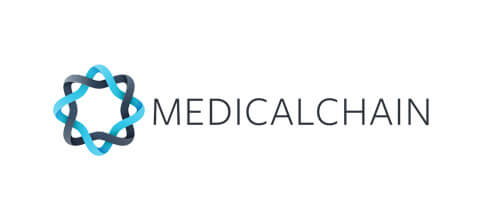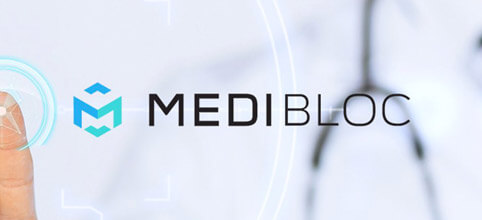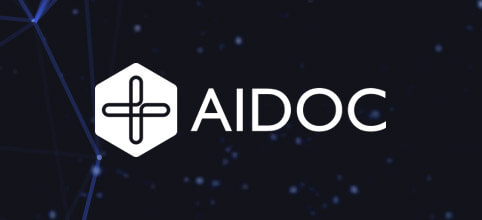 Will Blockchain Revolutionize the Healthcare Industry?
Will Blockchain Revolutionize the Healthcare Industry? Will Blockchain Revolutionize the Healthcare Industry?

Cover art/illustration via CryptoSlate. Image includes combined content which may include AI-generated content.
As we speak, the healthcare sector is plagued with issues related to localized data storage that can impede information sharing between medical experts. The public still associates the term blockchain primarily with cryptocurrencies like Bitcoin, but when looked at more closely we can see that the influence of the blockchain goes far beyond into industries like healthcare, pharma, etc.
For example, by introducing the blockchain within the healthcare domain, it can become easier to share patient records with multiple parties, as well as to relay pertinent data between different hospitals and medical institutions in a completely transparent and systematic manner.
The Problem
In this era of instant data flow, many service industries have adopted technologies that allow for seamless information exchange. However, such has not been the case for the healthcare sector.
 As is clear for everyone to see, most hospitals today make use of “Legacy Systems” that not only fragment important patient data, but also makes it extremely difficult to share records due to problems of compatibility and formatting.
As is clear for everyone to see, most hospitals today make use of “Legacy Systems” that not only fragment important patient data, but also makes it extremely difficult to share records due to problems of compatibility and formatting.
Similarly, up until now the relationship between healthcare professionals and patients has been extremely lopsided, with all of the decision making power remaining in the hands of the “expert.” However, with the introduction of decentralized record sharing platforms, the power can once again be returned into the hands of the individual.
Lastly, as per statistical data released by John Hopkins University in 2016, it can be clearly seen that due to a lack of medical transparency, many patients are unable to receive adequate treatment and thus are faced with potentially life-threatening situations. In Fact, the study goes on to show that “Medical Error” is the third leading cause of death (trailing only heart disease and cancer).
Use Cases
While many “so called” medical experts claim that it might take some time before we can adopt blockchain innovations for everyday healthcare purposes, there are already many platforms that are offering users with interesting services:
Medicalchain
 Medicalchain uses blockchain technology to securely store health records and maintain a single version of the truth.
Medicalchain uses blockchain technology to securely store health records and maintain a single version of the truth.
The different organisations such as doctors, hospitals, laboratories, pharmacists and health insurers can request permission to access a patient’s record to serve their purpose and record transactions on the distributed ledger.
This platform can essentially be thought of as a “decentralized record maintenance system.” It makes use of two separate blockchain ledgers that have been designed to facilitate:
- Sharing of patient data between different doctors and medical experts
- Serve as an interaction platform for different hospitals, pharmacies and insurance companies
MediBloc
 Similar to MedicalChain, MediBloc project serves as an open source healthcare data platform that is designed to aggregate and collect our medical data form various institutions and integrate it on to one single system.
Similar to MedicalChain, MediBloc project serves as an open source healthcare data platform that is designed to aggregate and collect our medical data form various institutions and integrate it on to one single system.
As a result of this, patients are given complete control over their records and can thus choose who they wish to share their data with.
AIDOC
 AIDOC is an advanced healthcare platform that is working to establish an automated medical value chain that will create digital data blocks based on a patient’s real time vital signs.
AIDOC is an advanced healthcare platform that is working to establish an automated medical value chain that will create digital data blocks based on a patient’s real time vital signs.
Though the analysis of the collected data sets, AIDOC then uses diagnostic modules to help pinpoint the cause of the problem and then lay out possible paths of recourse.
Conclusion
While the global adoption of such technology might take a little more time, it is clear for everyone to see that countries that get onboard the blockchain train now will be able to navigate their financial future much more safely and sustainably.
Not only do platforms like MediBloc allow for the distribution of better medical services, but they are also highly cost effective and scalable.
Thus, at this point, the advantages of embracing blockchain technology severely outweigh the disadvantages, and it is now only a matter of time before we see such platforms being used around the world on a much larger scale.


























































